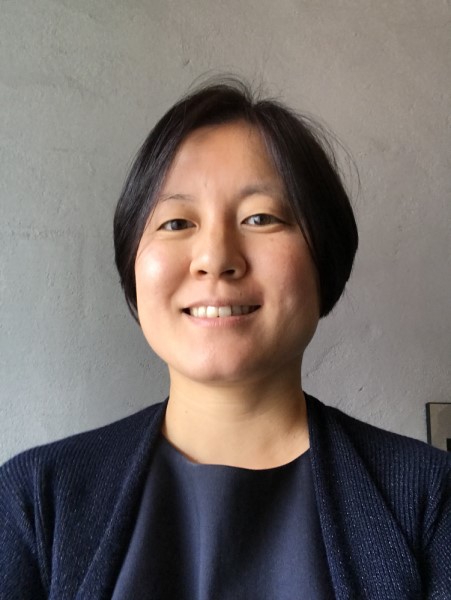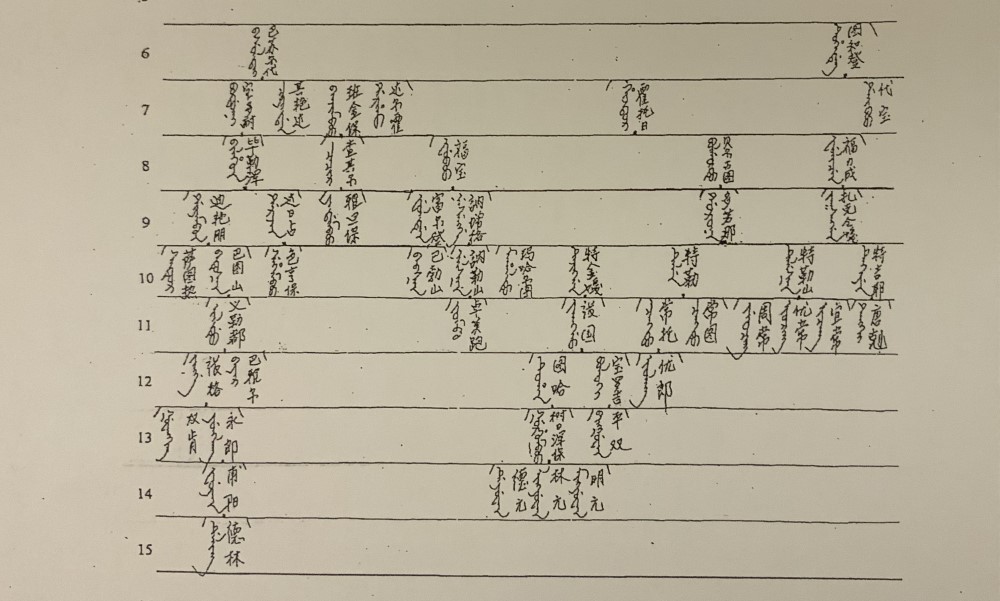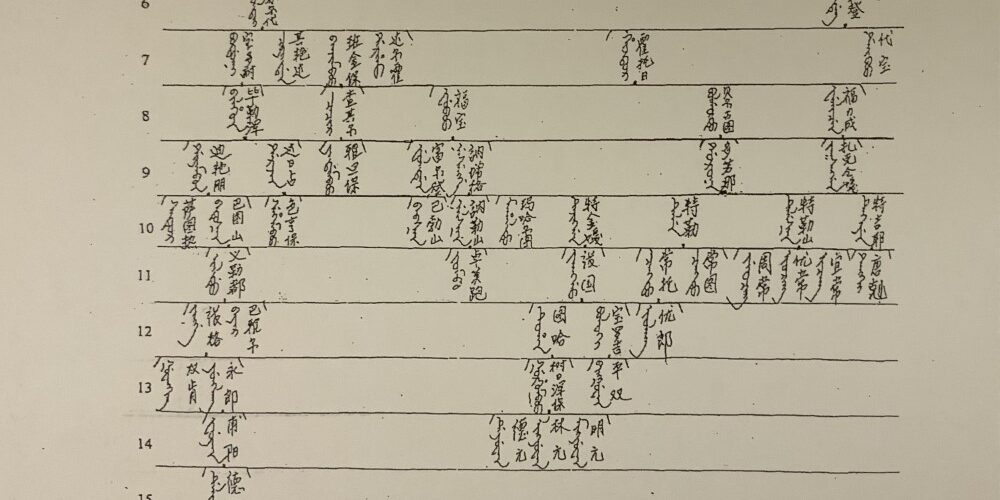In this website feature, we are having Manchu Studies Group members introduce themselves, their research, and the role of Manchu in their work. If you are a member who would like to be featured, let us know at [email protected].

1. Please introduce yourself briefly to the members!
I am a historian of late imperial and modern China, concentrating on language and identity, ethnic policies, and non-Han cultures in Northeast China from the 16th century to the present. I am an alumna of the Harvard University history department (PhD 2009) and an assistant professor at the University of Hong Kong (HKU) in the School of Modern Languages and Cultures.
2. How did you get into Manchu? How did you learn it?
I started studying Manchu with Mark Elliott in 2001 and completed the sequence of Manchu language and Manjuristics courses at Harvard during my doctoral studies.
3. What role does Manchu play in your professional life?
I read Manchu language documents for research and have taught Manchu to undergraduate and graduate students at Hong Kong Baptist University and HKU. I enjoy working with my students on translation of Manchu texts into English and Chinese. I am very proud of the translation-related articles that we have produced and published in Saksaha and other media.
4. Have you encountered anything memorable in Manchu-language materials, or had a memorable experience as a result of Manchu?
While working on my first book, I learned how important Manchu is a language that non-Manchu people used for oral and written communication, and the documentation of their histories and cultural practices. I am currently working on research about Daur genealogies with names transliterated in Manchu and Chinese.

5. What future projects related to Manchu are you envisioning? Do you have any plans for collaboration?
My next major project will be about the publication of non-Han language lexicons, grammars, and textbooks produced since 1949, including those for Manchu and Sibe. I would like to collaborate with colleagues interested in similar or related topics.
6. What is your favorite Manchu word? Why?
Monggorombi – It is fascinating that this verb embodies the speech and behavior of Mongols and the emulation of such traits by non-Mongols (presumably by Manchus but perhaps by others too) and also refers to the physical action of kicking a shuttlecock
7. Is there anything else you’d like to say to the members?
I would like to communicate and collaborate with members who teach courses or units within courses about Northeast China. Undergraduate students at institutions like mine would benefit from English-language translations of Manchu/Mongolian/Chinese/Japanese/Russian/Korean primary source materials, so combining and sharing existing resources would be very useful.
I also hope that we can strengthen connections between members who specialize in Tungusic languages and cultures other than Manchu. I welcome correspondence from colleagues who work on comparative topics (Manchu and non-Manchu cases) as well.


One Reply to “Meet a Member: Loretta Kim”